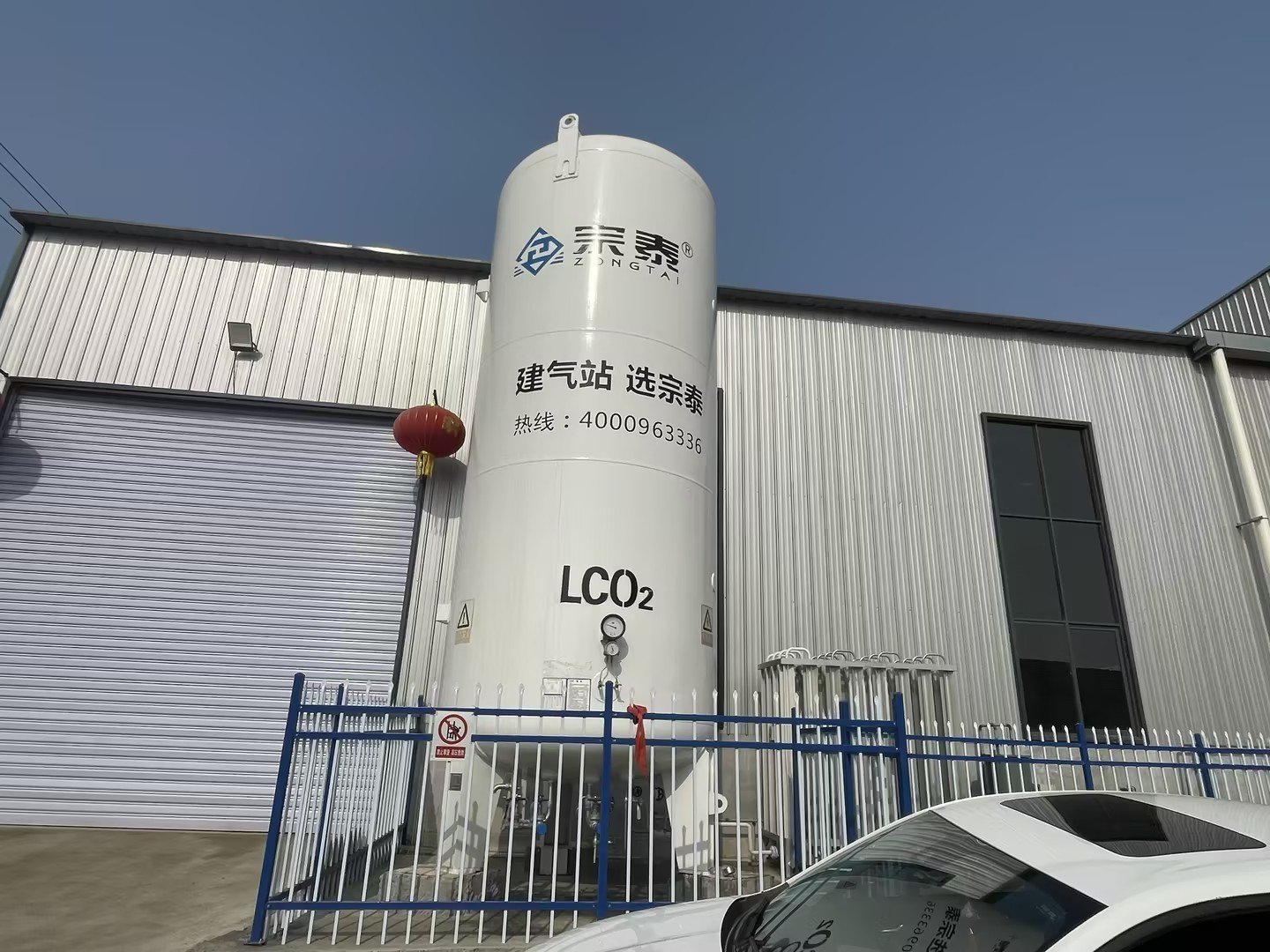Liquid carbon dioxide (LCO₂), a non-flammable cryogenic fluid with a boiling point of -78.5°C, has emerged as a cornerstone of innovation across industries, driving efficiency, sustainability, and precision. Derived from industrial byproducts and recycled for circular economy goals, its unique ability to exist in liquid, gas, and solid (dry ice) states makes it indispensable for applications ranging from food preservation to green technology. Below, explore how LCO₂ is revolutionizing sectors worldwide and why it’s a strategic asset for businesses prioritizing performance and sustainability.
Liquid CO₂ is pivotal in maintaining the integrity of food and beverages:
Flash Freezing & Chilling: Its ultra-low temperature rapidly freezes meats, seafood, and produce, locking in nutrients, texture, and flavor while minimizing ice crystal formation. This technique is critical for 冷链物流 (cold chain logistics), ensuring frozen goods reach consumers in peak condition.
Carbonation: Essential for crafting sparkling drinks, beer, and soda, LCO₂ dissolves uniformly to create consistent fizz and mouthfeel, meeting the strictest quality standards in the beverage industry.
Modified Atmosphere Packaging (MAP): By displacing oxygen in food packaging, LCO₂ inhibits microbial growth and oxidation, extending the shelf life of deli meats, baked goods, and fresh produce by up to 50%. This reduces waste and enhances supply chain efficiency.

In manufacturing, LCO₂ optimizes processes and ensures quality:
Welding Shielding Gas: In MIG welding, LCO₂ creates an inert environment that protects molten metal from atmospheric contamination, resulting in stronger, defect-free welds. Its compatibility with mixed gases (e.g., argon-CO₂ blends) makes it versatile for various metal types.
Dry Ice Production: Converting LCO₂ to dry ice (solid CO₂) enables non-abrasive industrial cleaning, such as removing paint, grease, or mold from machinery without disassembly. Dry ice also serves as a reliable coolant for transporting temperature-sensitive goods like pharmaceuticals and vaccines.
Pneumatic Systems: LCO₂ powers air compressors in food processing, automotive, and pharmaceutical industries, delivering clean, oil-free pressure for machinery—critical for maintaining hygiene standards in sensitive environments.
LCO₂ plays a dual role in environmental stewardship and healthcare innovation:
Carbon Capture, Utilization, and Storage (CCUS): Capturing CO₂ emissions from power plants and factories, LCO₂ is recycled for use in concrete production, enhanced oil recovery, or safely stored underground. This reduces net carbon emissions and supports global climate goals.
Cryotherapy in Medicine: In dermatology and oncology, LCO₂ enables precise tissue freezing to remove warts, skin lesions, and even early-stage tumors. The controlled cold therapy minimizes damage to healthy cells, offering a non-invasive alternative to surgery.
Biological Preservation: Laboratories and biobanks rely on LCO₂ to maintain the viability of cell samples, vaccines, and genetic material during storage and transport, ensuring research integrity and medical supply chain reliability.
Semiconductor Manufacturing: In cleanrooms, LCO₂ controls humidity and provides inert cooling for sensitive processes like chip etching, preventing oxidation and ensuring microelectronic component purity.
Renewable Energy: Used in geothermal systems and fuel cell testing, LCO₂ supports the development of sustainable energy technologies by optimizing thermal management and material performance.
